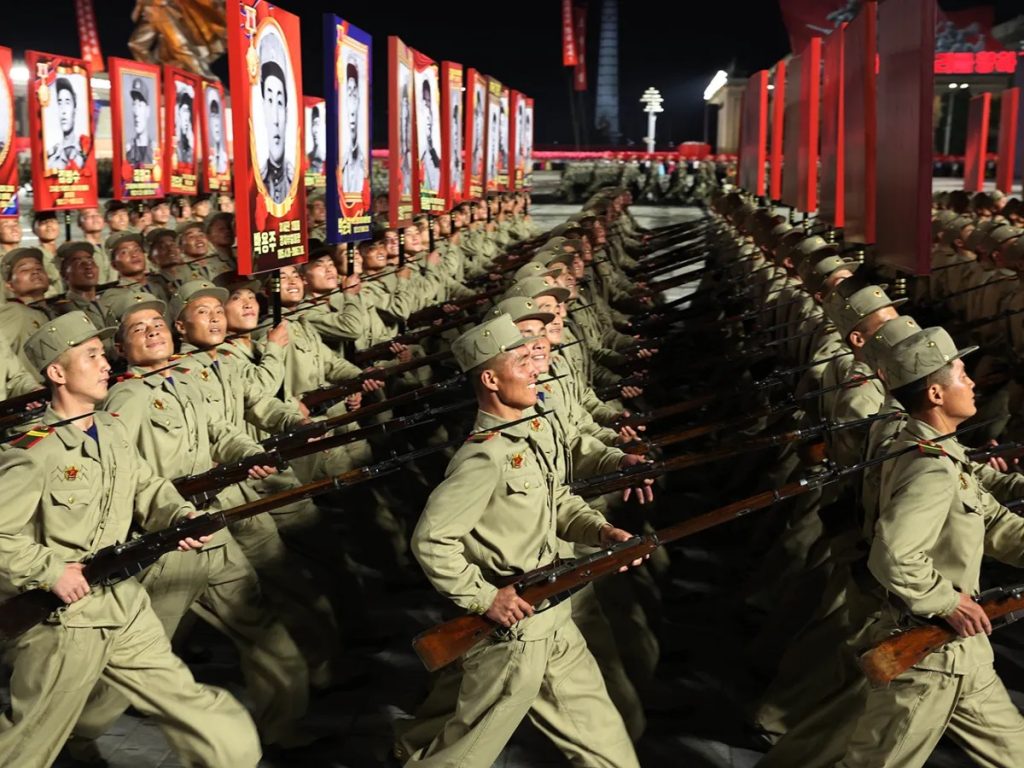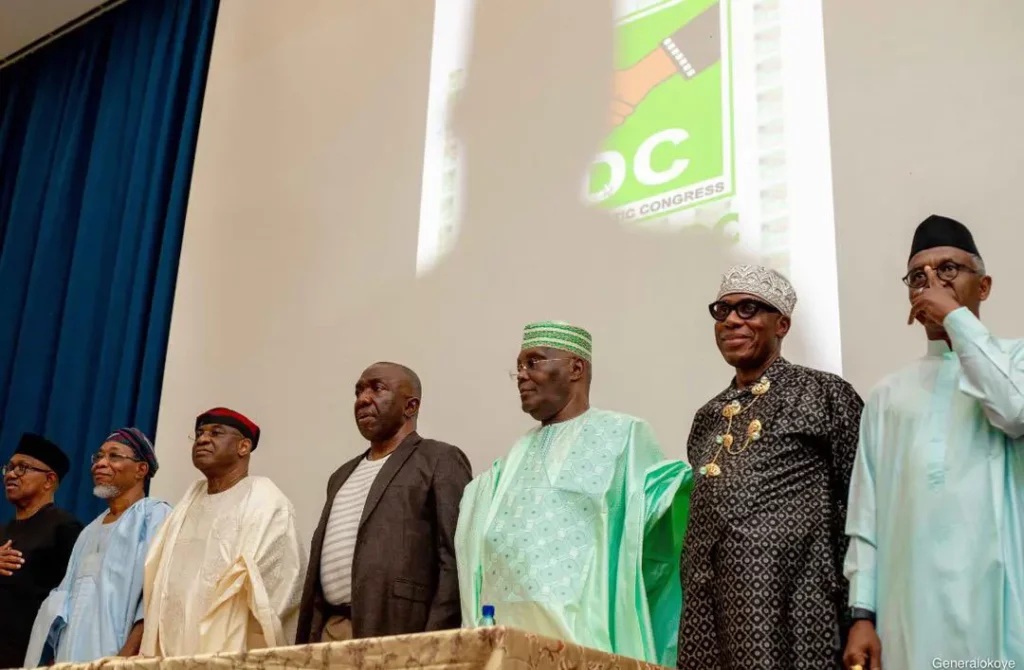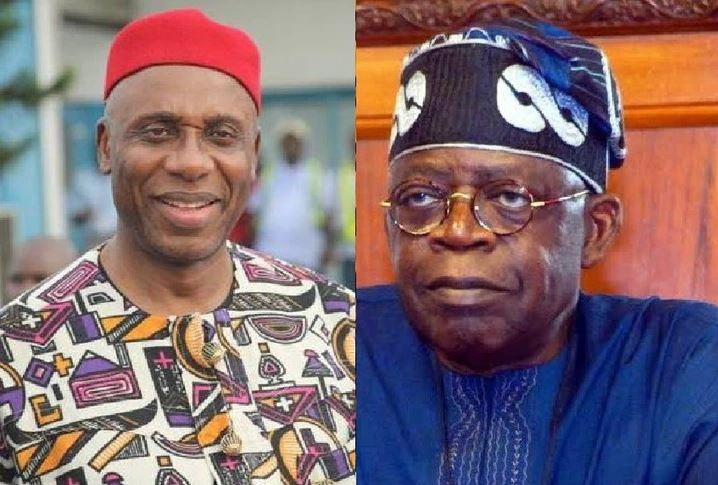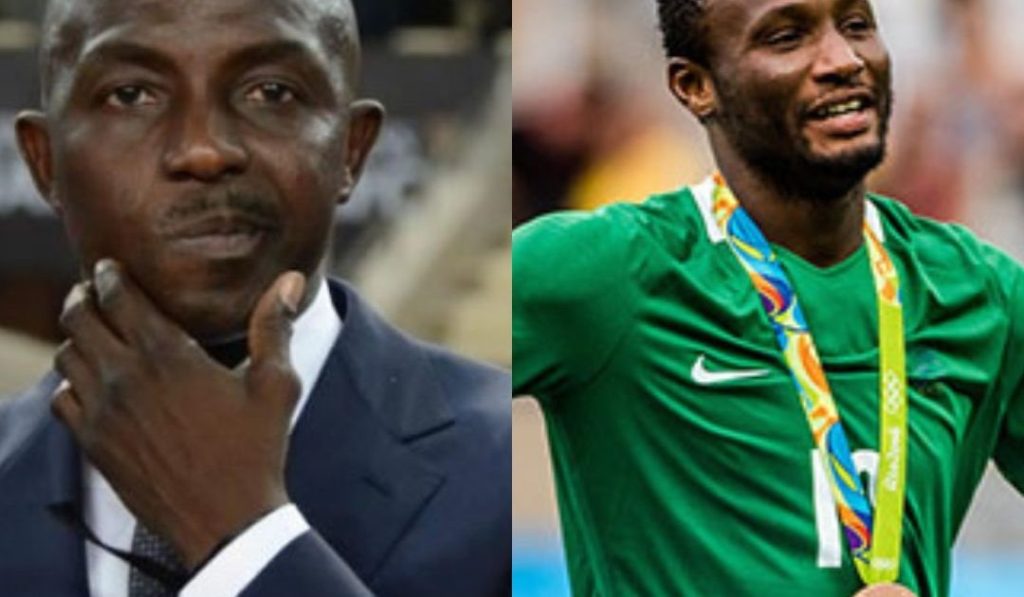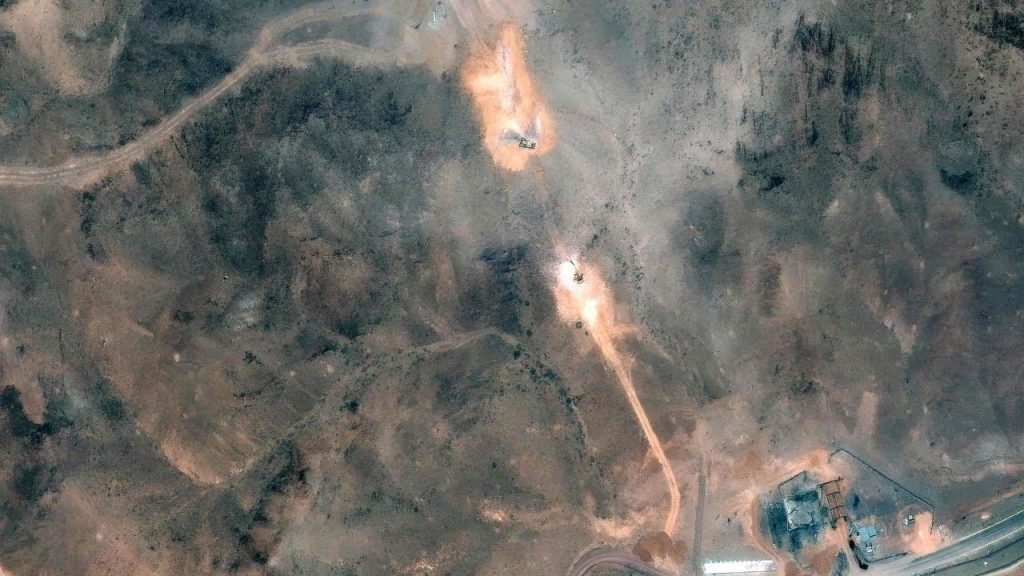Africa
Tinubu Under Fire: Governance Group Slams President Over Rivers State Crisis

Prof Nwaokobia Jnr Accuses President of Constitutional Breach, Calls for Apology and Restoration of Democratic Order
President Bola Ahmed Tinubu is facing a storm of criticism over his recent handling of the escalating political crisis in Rivers State. The President’s intervention, which saw the suspension of the state’s elected officials, including the Governor and members of the State House of Assembly, has sparked widespread outrage among civil society groups, legal experts, and political analysts. Among the most vocal critics is Prof Chris Mustapha Nwaokobia Jnr, Convener of the COUNTRYFIRST MOVT, a prominent good governance advocacy group, who has accused the President of flagrantly violating Nigeria’s Constitution and undermining democratic principles.
The crisis in Rivers State erupted following the defection of 27 lawmakers from the Peoples Democratic Party (PDP) to the ruling All Progressives Congress (APC). This mass defection was soon followed by the resignation of nine commissioners, plunging the state’s political landscape into disarray. Rather than allowing state institutions and the legal framework to resolve the impasse, President Tinubu declared a state of emergency in the state, leading to the suspension of key elected officials. This move has been met with condemnation from various quarters, with critics accusing the President of acting unilaterally and unconstitutionally.
Prof Nwaokobia Jnr, in a strongly worded statement, described Tinubu’s actions as a dangerous descent into despotism. “The President’s declaration of a state of emergency in Rivers State and the suspension of its elected leadership is not only unconstitutional, but a blatant affront to the tenets of democracy and the rule of law,” he said. Citing Section 305 of the 1999 Constitution as amended, Prof Nwaokobia argued that the circumstances in Rivers State did not warrant such drastic measures, and that the President had clearly overstepped his constitutional boundaries.
Section 305 of the Nigerian Constitution outlines the specific conditions under which a state of emergency may be declared. These include situations of war, widespread civil unrest, natural disasters, or any other serious breakdown of public order and safety. Critics argue that the political realignments and resignations in Rivers State, while destabilizing, fall short of these thresholds. Legal scholars have echoed Prof Nwaokobia’s stance, warning that the President’s actions risk setting a dangerous precedent where federal power is used to subvert state autonomy and the will of the electorate.
“The President swore an oath to uphold the Constitution, not to desecrate it,” Prof Nwaokobia stressed. “His intervention in Rivers State is an abuse of executive power and a clear violation of the doctrine of separation of powers. This move threatens to erode public trust in Nigeria’s democratic institutions and could embolden future leaders to act with similar impunity.”
The COUNTRYFIRST MOVT Convener did not mince words in calling for immediate corrective action. He urged President Tinubu to publicly apologize to the people of Rivers State and to rescind the suspension of the state’s democratic institutions. He also called on the President to seek proper counsel from constitutional experts and elder statesmen, emphasizing the need for leadership that respects the rule of law and prioritizes the nation’s democratic health over political expediency.
Prof Nwaokobia’s call has found resonance among other civic organizations and political commentators who view the unfolding situation in Rivers State as symptomatic of a broader challenge facing Nigeria’s democracy. Concerns over executive overreach, judicial independence, and the fragility of state institutions have been longstanding issues in the country’s political discourse. Observers argue that Tinubu’s handling of the Rivers crisis has amplified these fears, casting doubt on the administration’s commitment to democratic governance.
Many analysts have pointed out that the political crisis could have been better managed through legal and political channels rather than federal intervention. “The courts are the appropriate avenue for resolving disputes arising from defections, resignations, or any perceived breach of the law by public officials,” said a senior legal practitioner who preferred to remain anonymous. “By bypassing these mechanisms, the President has undermined the judiciary and the foundational principles of federalism upon which Nigeria was built.”
The President’s supporters, however, have defended his actions, arguing that swift intervention was necessary to prevent further deterioration of governance in Rivers State. They contend that the mass defection of lawmakers and subsequent resignations created a power vacuum that could have threatened public order. Nonetheless, this argument has done little to quell the growing criticism and calls for a return to constitutional order.
As Nigeria continues to grapple with political instability and governance challenges, the crisis in Rivers State and President Tinubu’s controversial intervention have reignited debates about executive power, state rights, and the resilience of democratic institutions. Prof Nwaokobia Jnr’s message is clear: Nigeria’s leaders must choose the path of constitutional fidelity and democratic integrity over authoritarian impulses.
The days ahead will reveal whether President Tinubu heeds these calls and takes steps to restore confidence in Nigeria’s democracy—or whether the Rivers State saga will become another chapter in the nation’s troubled political history.
For Diaspora Digital Media Updates click on Whatsapp, or Telegram. For eyewitness accounts/ reports/ articles, write to: citizenreports@diasporadigitalmedia.com. Follow us on X (Fomerly Twitter) or Facebook





